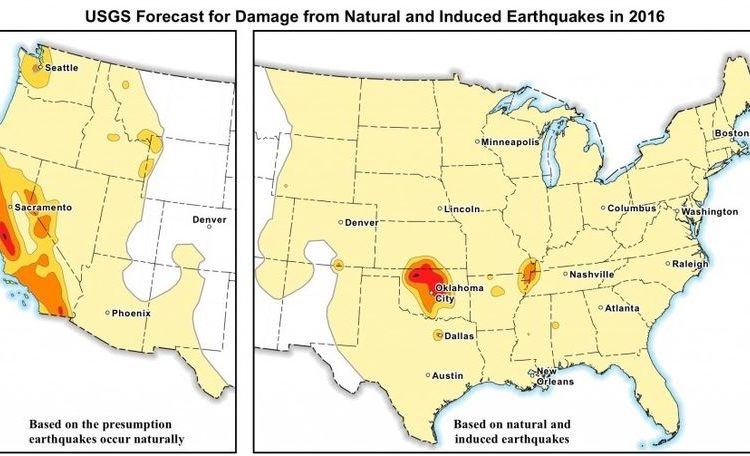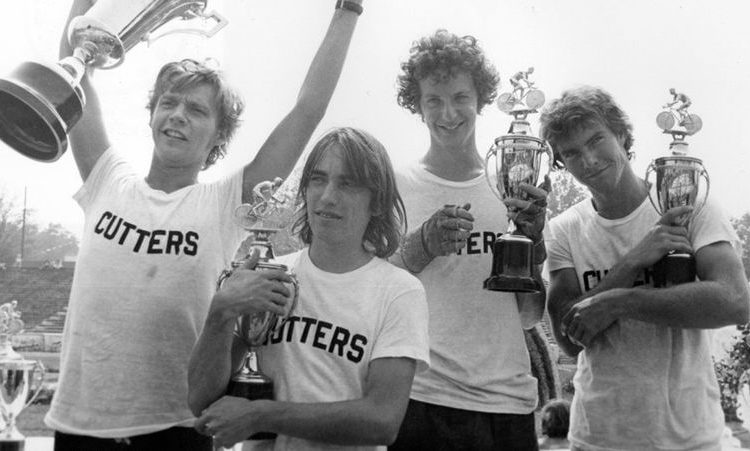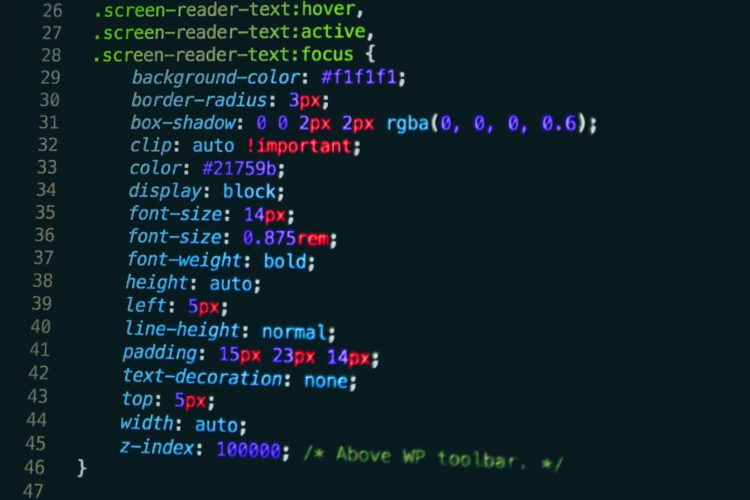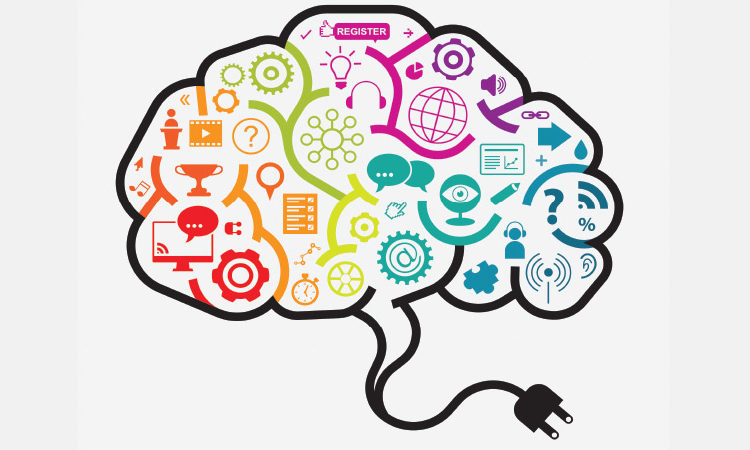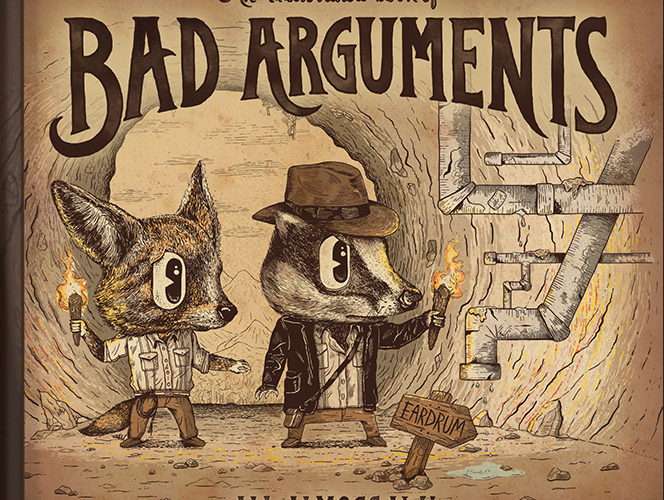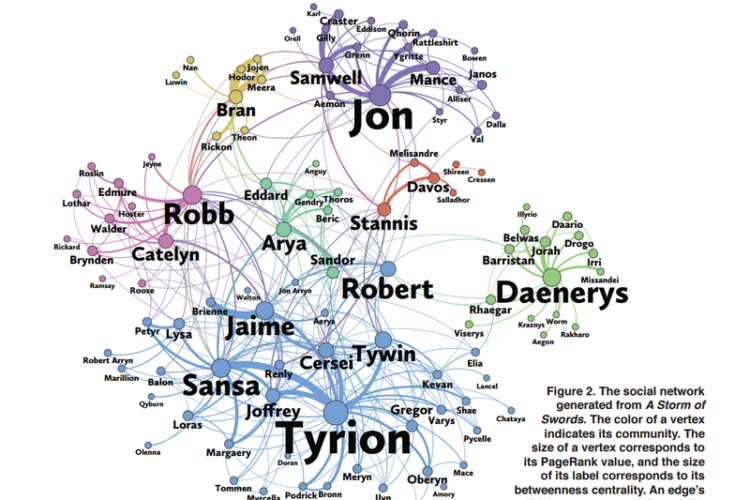Photo by Fightfor15.org 1. SPOTLIGHT: Will $15 wages destroy California jobs? California is moving toward a $15/hour minimum wage (slowly, stepping up through 2023). Will employers be forced to eliminate jobs under the added financial pressure? As with all things economic, it depends who you ask. Lots of numbers have been thrown around during the […]
1. What new analytics are fueling baseball decisions? [I spoke at Nerd Nite SF about recent developments in baseball analytics. -Tracy Allison Altman, Ed.] Highlights from my talk: – Data science and baseball analytics are following similar trajectories. There’s more and more data, but people struggle to find predictive value. Oftentimes, executives are less familiar […]
1. Confusing correlation with causation is not the Cardinal Sin of data science, say Gregory Piatetsky (@kdnuggets) and Anmol Rajpurohit (@hey_anmol): It’s overfitting. Oftentimes, researchers “test numerous hypotheses without proper statistical control, until they happen to find something interesting and report it. Not surprisingly, next time the effect, which was (at least partly) due to […]
1. Academics use crazy tricks for clickbait. Turn to @TheWinnower for an insightful analysis of academic article titles, and how their authors sometimes mimic techniques used for clickbait. Positively framed titles (those stating a specific finding) fare better than vague ones: For example, ‘smoking causes lung cancer’ vs. ‘the relationship between smoking and lung cancer’. […]
1. Spending $ on brain training isn’t so smart. It seems impossible to listen to NPR without hearing from their sponsor, Lumosity, the brain-training company. The target demo is spot on: NPR will be the first to tell you its listeners are the “nation’s best and brightest”. And bright people don’t want to slow down. […]
1. Open Innovation can up your game. Open Innovation → Better Evidence. Scientists with an agricultural company tell a fascinating story about open innovation success. Improving Analytics Capabilities Through Crowdsourcing (Sloan Review) describes a years-long effort to tap into expertise outside the organization. Over eight years, Syngenta used open-innovation platforms to develop a dozen data-analytics […]
1. Bad logic → Bad arguments → Bad decisions The Book of Bad Arguments is a simple explanation of common logical flaws / barriers to successful, evidence-based decisions. This beautifully illustrated work by Ali Almossawi (@AliAlmossawi) should be on everyone’s bookshelf. Now available in several languages. 2. Home visits for children → Lifelong benefits → […]
1. Magical thinking about ev-gen. Rachel E. Sherman, M.D., M.P.H., and Robert M. Califf, M.D. of the US FDA have described what is needed to develop an evidence generation system – and must be playing a really long game. “The result? Researchers will be able to distill the data into actionable evidence that can ultimately […]
1. Human fallibility → Debiasing techniques → Better science Don’t miss Regina Nuzzo’s fantastic analysis in Nature: How scientists trick themselves, and how they can stop. @ReginaNuzzo explains why people are masters of self-deception, and how cognitive biases interfere with rigorous findings. Making things worse are a flawed science publishing process and “performance enhancing” statistical […]
1. Edges, dragons, and imps. Network analysis reveals that Tyrion is the true protagonist of Game of Thrones. Fans already knew, but it’s cool that the graph confirms it. This Math Horizons article is a nice introduction to graph theory: edges, betweeness, and other concepts. 2. Teach your team to make high-quality decisions. Few of […]
